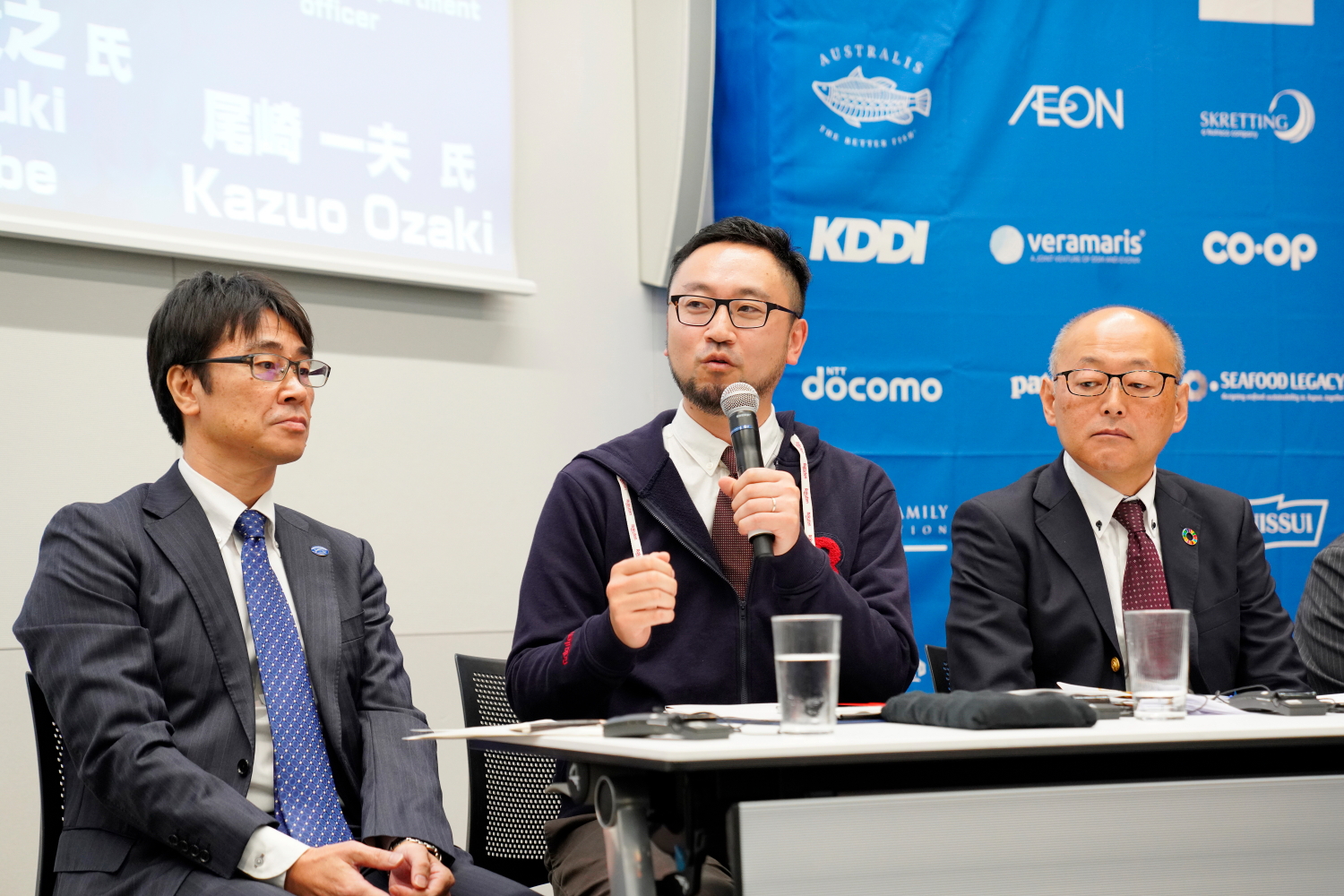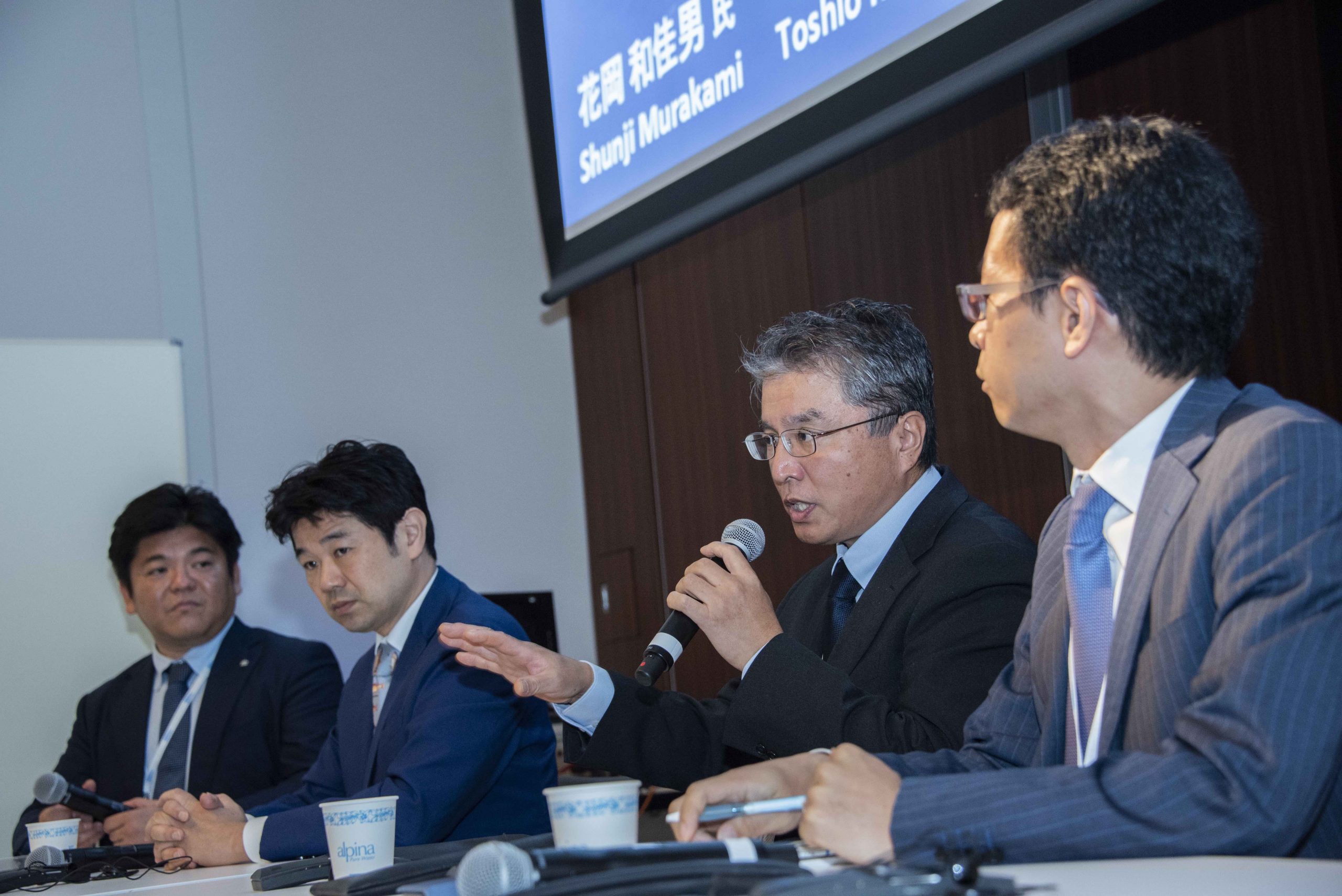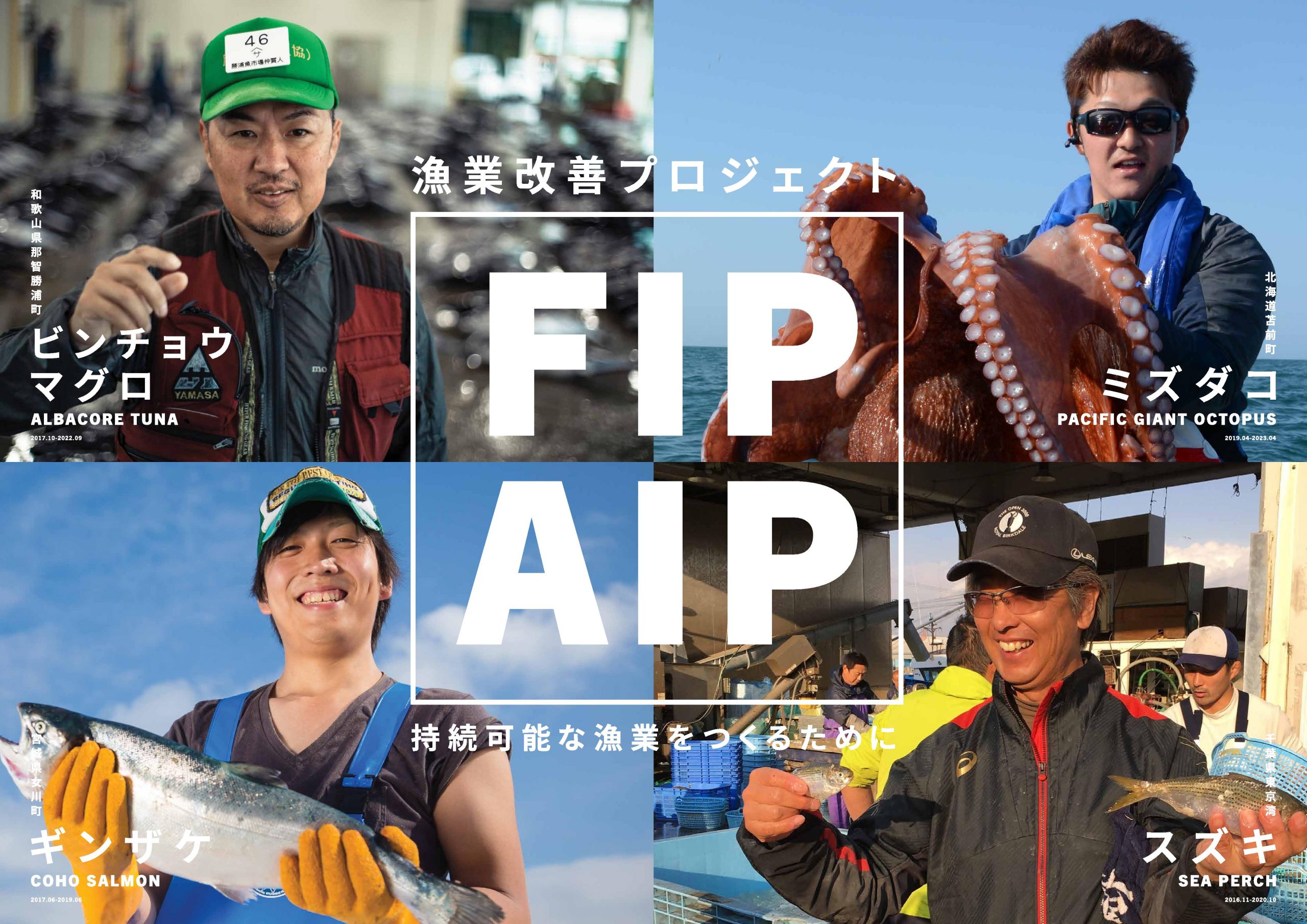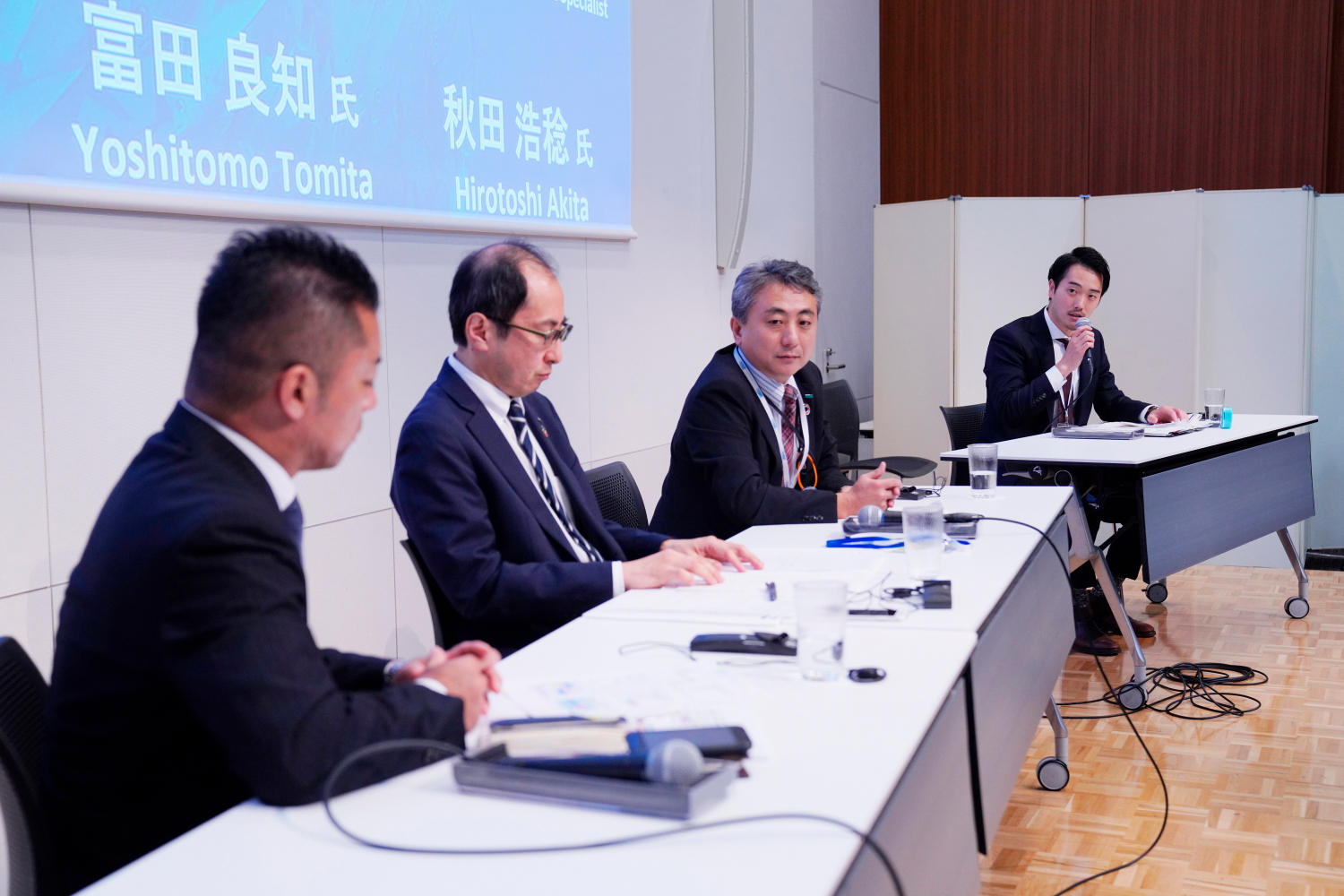Communicating Ethical Consumption and SDGs through Certifications

There has been a trend in recent years towards the effective utilization of international certifications to achieve more sustainable and responsible procurement. How are these international certifications utilized at the forefront of consumption, and what do their future prospects look like? Major retailers share the details of their efforts on this front.
The Motivation behind Introducing Certified Products: A Form of ESG Investment

Seven & i Holdings included sustainable procurement in one of its goals to achieve by 2050, with the company currently engaged in various initiatives involving biodiversity, human rights, and supply chains. Mr. Ozaki points out that Seven & i Holdings began carrying certified products as “a form of ESG investment.”
McDonald’s Japan also lists the “sustainable procurement of ingredients” as an important issue for them. In August of last year, it began the sale of Filet-O-Fish made using MSC-certified white fish. According to Mr. Iwai, one reason for this was the company’s aim to “acquire future customers and contribute to future employment.” “We are in an era where children learn about the SDGs in elementary and junior high school, which make them more inclined to choose certified products and work at companies that contribute to society,” he added. He points out that international certifications will be key to being perceived as an “attractive company” in the future.

At the same time, Rakuten has become the driving force behind certification-related initiatives on the Internet. Last year, Rakuten launched “EARTH MALL with Rakuten,” a shopping mall featuring products that have obtained seven international certifications. Mr. Mamabe explains that “it is no longer possible to avoid the importance of sustainable products as online shopping continues to gain traction.”
However, efforts to raise awareness of international certifications associated with the procurement of food products are only in their infancy. For consumers, the most important factors in their choice of product are still its quality, price, and health benefits. “It is necessary for us to further emphasize the significance of certifications so that sustainability can become an important point of consideration when consumers choose their preferred products,” Mr. Ozaki of Seven & i suggests.
Likewise, Rakuten’s Mr. Mamabe agreed that public awareness of international certifications is currently low. “It is true that there are not many people who will say, ‘I’m buying this because it’s certified.’ However, eco-labels are still a crucial point of entry for consumers to know more about the product they have purchased. It is thus important for us to tell them that the product they have bought is sustainable,” Mr. Mamabe emphasizes the importance of pressing on with rigorous promotional efforts.
Ethical Consumption is a Blue Ocean Strategy

How will companies carry out their business operations in the future in view of international certifications? “For companies, ethical consumption is what is called a ‘blue ocean strategy,’ which has the net effect of attracting future customers and creating future employment,” Mr. Iwai explains. “Our businesses will not survive if we fail to obtain the support of Generation Z. As we eventually enter an era where consumers choose products with certification labels, the associated business costs will become a form of investment,” Mr. Ozaki added with a hint of optimism, “To bring ordinary consumers into the fold, it is essential for us to create a situation of ‘high awareness with a low entry threshold.'” To achieve this, Mr. Mamabe reiterated the need for extensive communication and the sharing of narratives about sustainable products that resonate with consumers.


